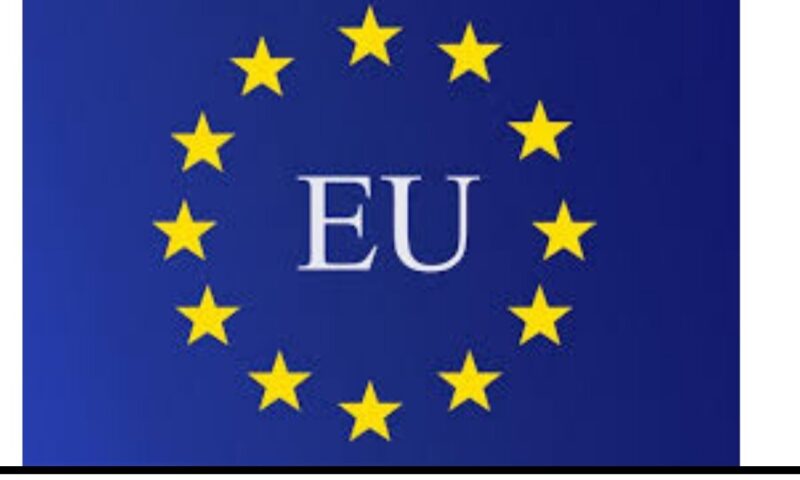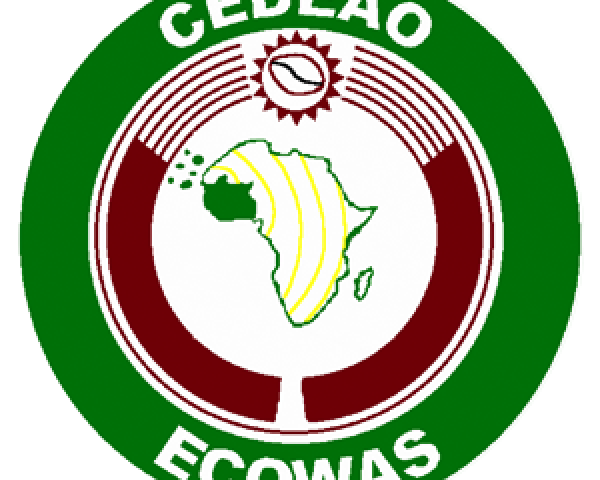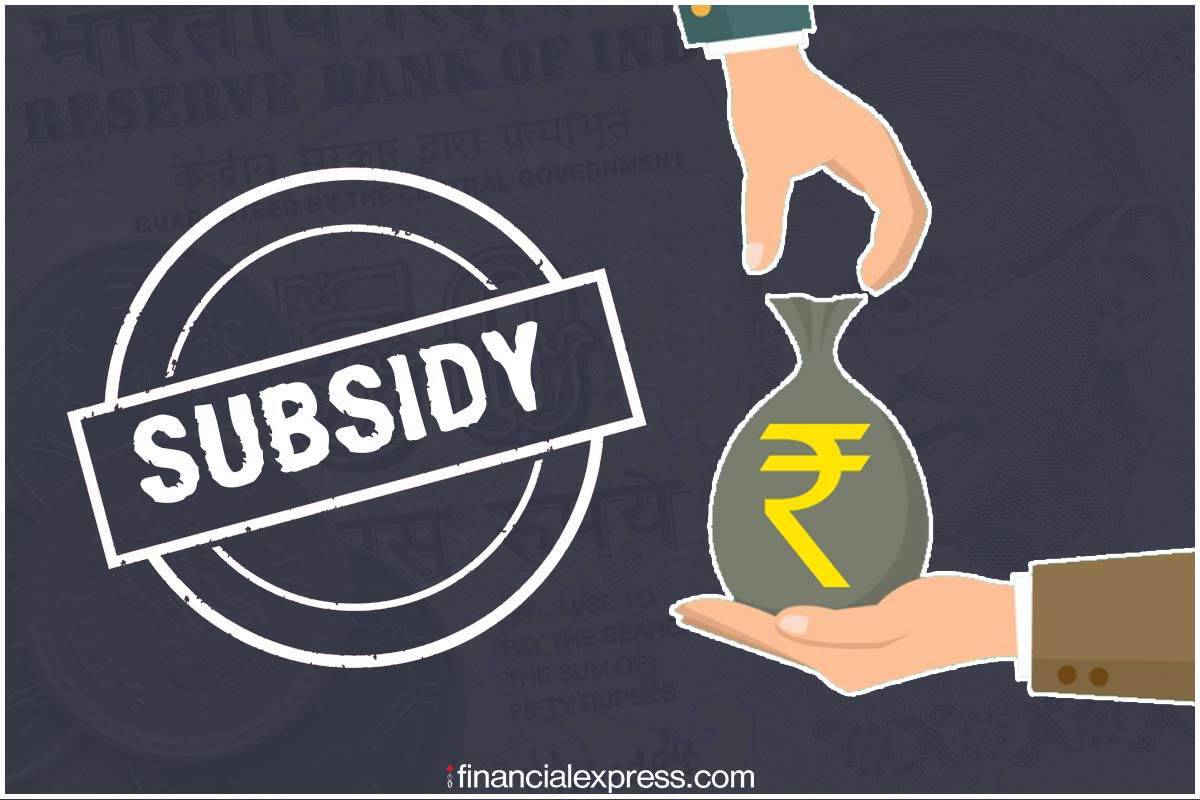EU, GIZ, Orange launch a strategic partnership to support the digital transformation in cocoa sector, low-carbon transition in Côte d’Ivoire
By Favour Nnabugwu
Orange (www.Orange.com), in partnership with the European Union and the Deutsche Gesellschaft für Internationale Zusammenarbeit (GIZ) announces the launch of the “DigiGreen & Agri” project, an ambitious initiative to promote digital innovation for a transition to a more sustainable and inclusive economy in Cote D’Ivoire with joint funding €7.6million.
The overall objective of this project is to contribute to the creation of decent jobs, support the development and financing of startups within the ecosystem, and promote sustainable investments.
Initiated as part of the Team Europe Initiatives for sustainable cocoa and the low-carbon transition, the “DigiGreen & Agri” project focuses on the development of entrepreneurship, enhancing youth employability across the entire value chain of cocoa and sustainable agriculture, through digital technology. There will be a particular emphasis on youth in rural youth, women, girls, and people with disabilities through the Orange Digital Center in Côte d’Ivoire.
This ambitious partnership benefits from joint funding of €7.6 million and aims to achieve several strategic objectives:
Improving professional skills: the project aims to strengthen the professional skills of young people and women in the digital sector by offering them new opportunities in the constantly changing labour market.
Entrepreneurship promotion: “DigiGreen & Agri” will support the creation and strengthening of strong digital startups and micro, small and medium enterprises (MSMEs), thus fostering innovation and economic growth.
Development of sustainable digital solutions: the partnership will strengthen the capacities of startups and MSMEs to develop and market innovative digital solutions, thus contributing to the modernization and innovation of sustainable agriculture sectors, low-carbon transition and corporate social responsibility.
Acceleration of the growth of seed startups: a seed fund will be dedicated to financing the most promising startups. Orange and GIZ will draw on the expertise of the Digital Africa programme to provide funding to startups in the ecosystem to enable them to develop their activities and accelerate their growth.
By working closely with local stakeholders, Orange, the European Union and GIZ are committed to supporting young talent, promoting entrepreneurship and catalyzing economic development in the most vulnerable communities.
Orange and GIZ are collaborating under the develoPPP programme, which is implemented on behalf of the German Federal Ministry for Economic Cooperation and Development (BMZ). The DigiGreen & Agri project is supported by the special initiative “Decent Employment for a Just Transition” and co-financed by the European Union.
Francesca Di Mauro, Ambassador of the European Union to the Republic of Côte d’Ivoire: “I am delighted to attend the launch of this DigiGreen & Agri project, which places youth employability at the heart of its objectives, by proposing the development of new digital solutions for sustainable agriculture and the green economy and the creation of quality jobs. This project reflects the European desire to strengthen smart, clean and secure links in the digital sector, one of the pillars of the Global Gateway strategy. It is also the result of an excellent collaboration between the private and public sectors in team Europe format: Orange’s expertise and investments, in synergy with the development aid resources of the EU and Germany, are mobilized for the inclusive growth of the country.”
Axel Klaphake, Director of Division GIZ: “This unprecedented cooperation format between GIZ, the European Union and Orange is the first development partnership with the private sector cofunded by the European Union and implemented by the develoPPP programme with the support of the Special Initiative «Decent Employment for a Just Transition» commissioned by the BMZ in Côte d’Ivoire. It will reach a very broad target group and create synergies with other cooperation programmes currently in place in Côte d’Ivoire. Technical and financial support for startups will help create jobs and build the capacity of young entrepreneurs to come up with innovative ideas to strengthen the agricultural sector, especially the sustainable cocoa sector. We are pleased to launch this partnership with our public and private partners and thank all the actors who made this cooperation possible.”
Jérôme Hénique, CEO Orange Middle East & Africa: “Orange’s commitment to sustainable development and innovation is once again taking shape today through our partnership with the German Cooperation and the European Union to support the digital transformation of the cocoa sector in Côte d’Ivoire. The Orange Digital Centers are essential vectors of this transformation, offering a free and open innovation ecosystem, with a particular focus on youth, women and vulnerable people. Together, we are taking up the challenge of building an inclusive and environmentally friendly digital future for a more sustainable and prosperous economy. “
Mamadou Bamba, Managing Director Orange Côte d’Ivoire: “This project is a concrete illustration of Orange’s commitment to sustainable development in Africa. As a responsible digital operator, we believe that digital can play a crucial role in solving the challenges of the 21st century. That is why we are proud to partner with the European Union and GIZ to implement this ambitious project. I am convinced that the DigiGreen & Agri project will have a positive and lasting impact on the cocoa sector in Côte d’Ivoire and will help create jobs and improve the living conditions of farmers and people.”



